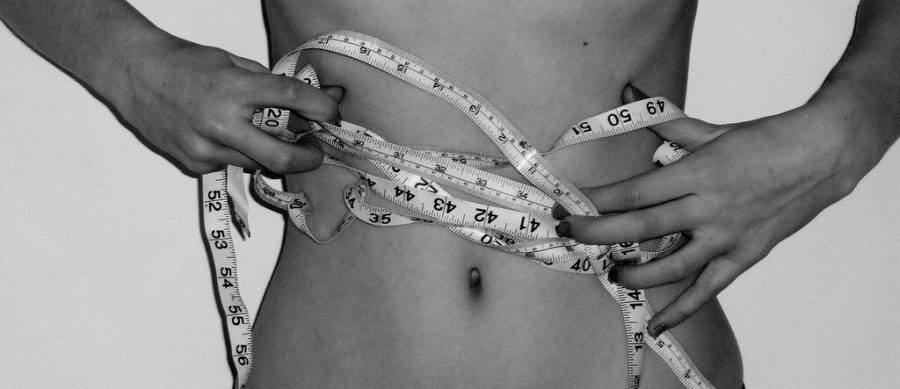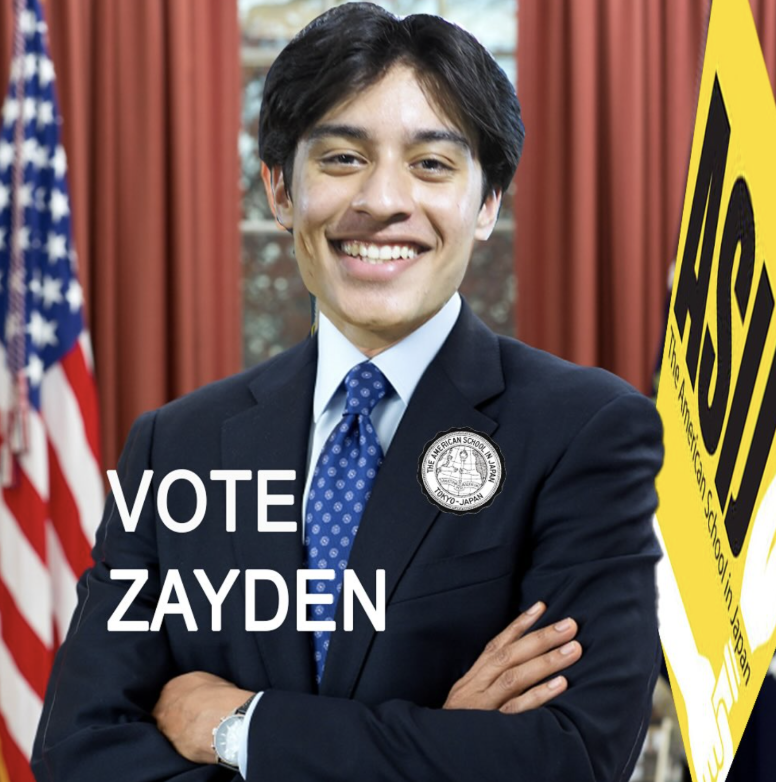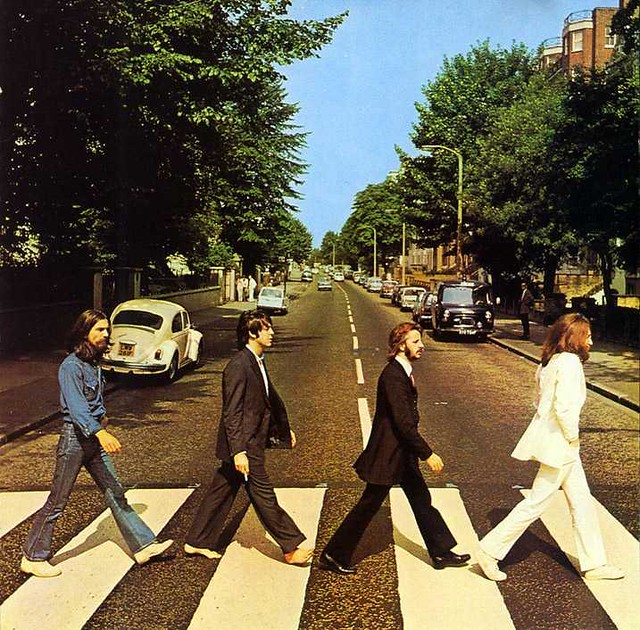“Skinny Shaming” Exists Too
Photo by Creative Commons license
October 9, 2019
“Do you even eat anything?” “I’m starting a diet, how do you get so thin?” “You’re so bony.” From a young age, I’ve constantly heard these phrases. It was almost as if they were thrown around like a compliment, but I was unsure if I was supposed to accept them as one.
It never made sense to me that “you’re so skinny” was supposed to flatter me, but the opposite phrase, “you’re so fat,” is considered an insult, even though they both serve the same purpose of labeling someone’s body. Calling someone fat is deemed unacceptable, but calling someone skinny can be just as damaging.
Because I have experienced this issue myself, I decided to interview several students about their personal accounts of skinny shaming to see if I could find common struggles. Numerous people shared the same experience of being told that they look “anorexic,” or were told to eat something that was more fattening instead.
One student shared, “At my old Catholic school, I was told by my teachers that I couldn’t fast during Lent or Ash Wednesday, while the rest of my class could, because they felt that I shouldn’t miss any meals.” Another mentioned that in elementary school, her classmates would force her to eat their junk food during snack-time so she could gain more weight. A junior I interviewed said, “It seems like people don’t feel any kind of guilt when saying those things; they think that I’m unbothered by their comments when really, they [contributed to] an insecurity of mine.”

Don’t get me wrong, fat-shaming is still prevalent today; many brands continue to fail in marketing bigger sizes and plus-size models are still ignored in the fashion industry. However, within the past decade, artists have been praised for celebrating curvier bodies in their songs, while demeaning those who are slim. For example, in Nicki Minaj’s song Anaconda, and Meghan Trainor’s hit, All About that Bass, they both degrade those who are thin, using the term “skinny b*tches” in their songs.
These songs, however, are specifically targeted for curvier people to feel confident. Although this is great for the plus-size community, how is this “body positivity” when it is bashing those who are thinner? In addition, it is all too often that the phrase, “real women have curves,” is being used. The definition of a “real woman” should not have anything to do with her appearance – a woman is whatever she defines herself as. A thin body is still a body, and therefore should still be included in the discussion of body positivity.
This is not an argument saying that skinny people have it worse; in today’s world, it seems that everyone is being picked on for their appearance due to ridiculous beauty expectations. No matter what number shows on the scale, nobody should be criticized for the way they look.
Condemning any type of body – thin or fat, muscular or scrawny – creates a mentality that no body type will ever be good enough. Size acceptance is not meant to provoke a war between the old standard of beauty and the new one, but to help everyone learn to find confidence within themselves.





















Leo • Dec 13, 2019 at 8:47 AM
I love the writing style in the article and it sounds very professional. Your article brings up a lot of key points that I really understand and agree with.
Nellie • Dec 12, 2019 at 10:11 AM
I agree with the points you bring up, nobody should be shamed for how they look. The fact that some people thinks its okay, or think its ‘a compliment’ is not right at all. In an ideal world, we could all just stop comparing our bodies and instead of complimenting someone on their body, we could compliment others on their personality, some work of theirs, some skill of theirs, etc. I think your article was very well written and clear, and the topic you’re discussing is indeed one that needs to be talked about more often. Good job!